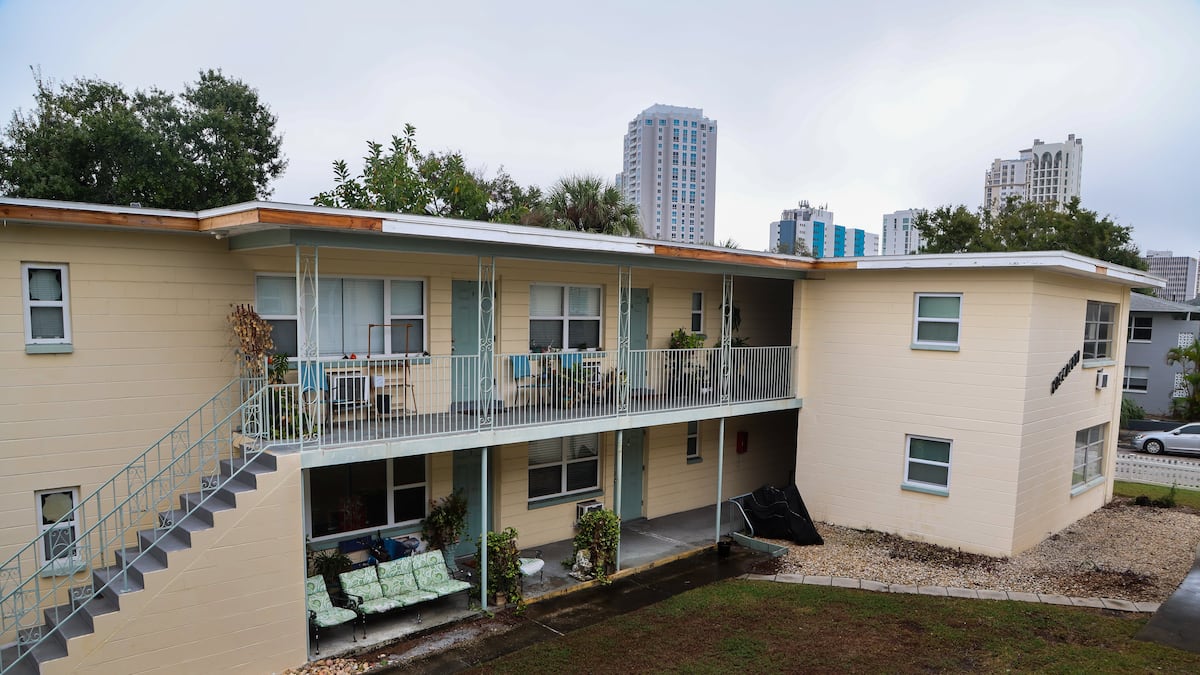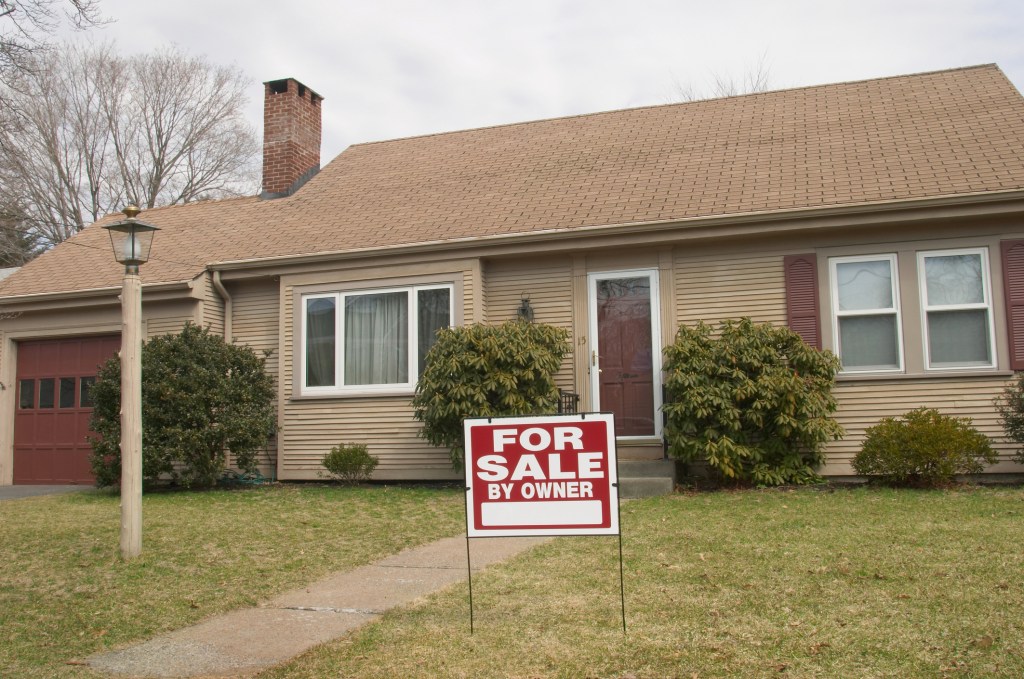A
s we close out 2024, it's a good time to reflect on the housing market's recent trajectory and consider where it might be headed next year. The past year has been marked by significant shifts, including three hurricanes impacting Florida's Gulf Coast, evolving brokerage policies, a contentious national election, and ongoing affordability concerns due to prices and high borrowing costs. These factors have set the stage for what could be a pivotal and transformative year ahead.
The pressing question remains: Will the turbulence of recent years finally give way to stability? Experts caution that underlying challenges such as elevated mortgage rates and less-than-historical demand may linger, but there are encouraging signs of a more positive year ahead.
Home prices in 2024 rose modestly by 3% nationally, a stark contrast to the double-digit surges of the pandemic era. While this represents a deceleration, home values remain 50-60% higher than five years ago. The interplay of resistant home values and high mortgage rates created formidable barriers for many buyers, but even slight dips in rates may entice sidelined buyers back into the market.
Prices overall are a function of supply and demand. Even with expectations of increasing demand ahead, inventory levels along the Gulf Coast will result in relative stability compared to previous years. Home sales failed to meet expectations in 2024, marking the second consecutive year of sluggish activity. With an estimated 4 million sales for the year, far below pre-pandemic levels, the market nationally proved the weakest in three decades.
Florida's housing market experienced a cooling in 2024 due to hurricanes, rising insurance premiums, and new structural requirements for condominiums. However, insurance reforms have attracted more carriers to the state, and buyers must now consider these additional costs when evaluating affordability.
Despite challenges, there are reasons for optimism. Florida remains a favorite for its growth and economic resilience, with many of our markets winning awards for being among the best places to live or retire. The pool of potential buyers has expanded dramatically in recent years, and we simply need to unleash the pent-up demand.
The data is telling, with NAR's November sales statistics reflecting a lift in closings over the same month last year. This represents an important turning point as the second consecutive month of year-over-year growth after over 40 months of declines. We are coming off the bottom.
Beyond the numbers is something intangible, yet equally powerful – the reduction of uncertainty and the release of "animal spirits" following the conclusion of the election. Perception and emotion have always proven enormous influences on the housing market, especially in the luxury and second home sectors.
As we look to 2025, the housing market will demonstrate normalcy, a concept we haven't seen in many years. Prices will trend at the rate of inflation with sales increasing at a sustainable pace based on fundamentals and demographic drivers. Perhaps the exciting roller-coaster of real estate may be ending, and I'm ready to get back to the business I once knew.













